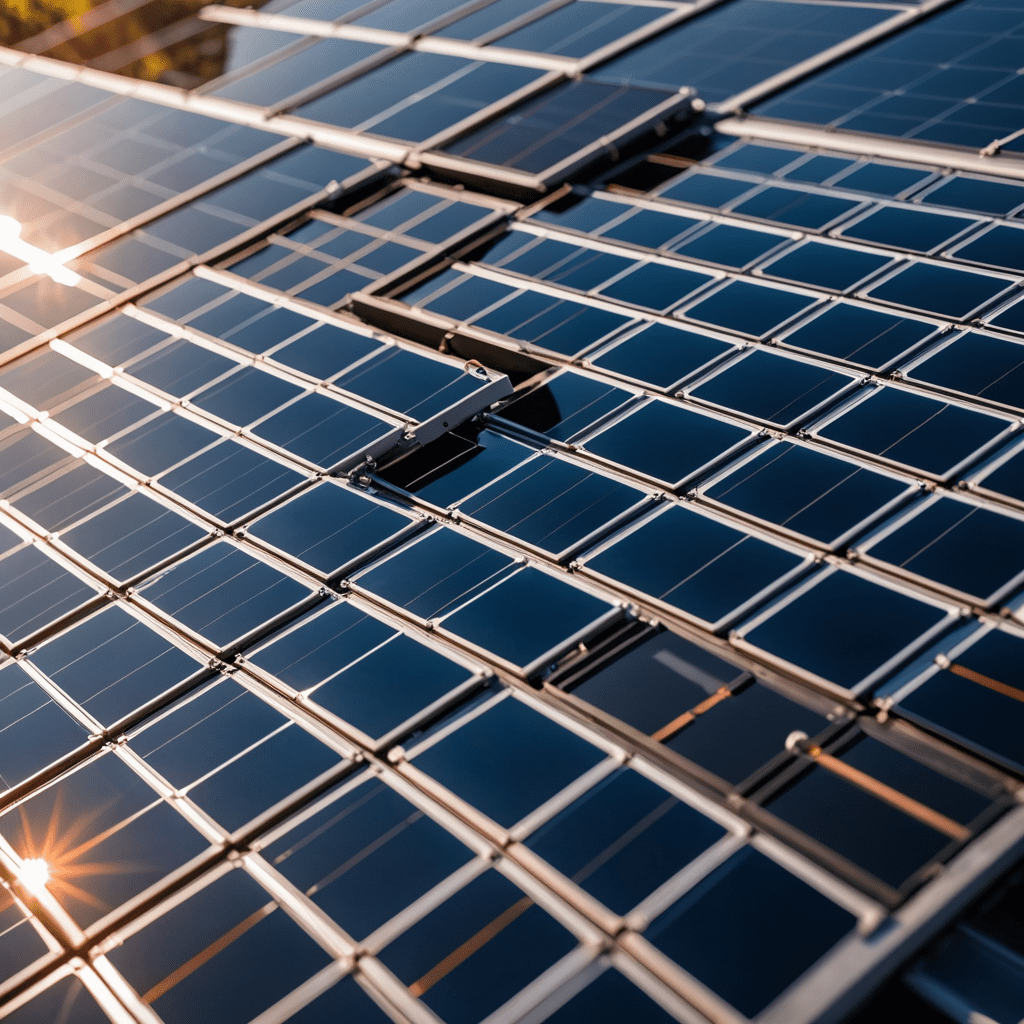Nanotechnology in Energy Efficiency: Improving Energy Consumption Practices
Introduction to Nanotechnology in Energy Efficiency
Nanotechnology, the manipulation of matter on an atomic and molecular scale, has paved the way for groundbreaking advancements in various fields, including energy efficiency. By harnessing the unique properties exhibited at the nanoscale, researchers and scientists are exploring innovative solutions to optimize energy consumption practices.
Enhancing Energy Storage Solutions
One of the prominent applications of nanotechnology in energy efficiency is the development of advanced energy storage solutions. Nanomaterials such as carbon nanotubes and graphene offer high surface area-to-volume ratios, improving the performance and capacity of batteries and supercapacitors. These advancements lead to longer-lasting and more efficient energy storage devices.
Improving Energy Conversion Processes
Nanotechnology plays a crucial role in enhancing energy conversion processes, such as solar cells and fuel cells. Nanoparticles and nanoscale structures help improve light absorption and electron transfer efficiency in solar cells, leading to increased energy conversion rates. Similarly, nano-catalysts enhance the efficiency of fuel cells by promoting faster reactions and reducing energy wastage.
Smart Energy Management Systems
Integrating nanotechnology with smart energy management systems enables real-time monitoring and control of energy usage. Nanosensors embedded in appliances and buildings can provide precise data on energy consumption patterns, allowing for proactive adjustments to optimize efficiency. This proactive approach helps in reducing energy waste and cutting down on utility costs.
Energy-Efficient Building Materials
Nanotechnology offers the development of energy-efficient building materials that enhance insulation properties and regulate temperature more effectively. Nanocoatings applied to windows and walls can improve thermal insulation, reducing the need for heating and cooling systems. By minimizing energy losses through buildings, nanotechnology contributes to overall energy conservation.
Challenges and Future Outlook
Despite the promising advancements, the widespread implementation of nanotechnology in energy efficiency faces challenges related to scalability, cost-effectiveness, and environmental impact. Researchers are actively working to address these hurdles and make nanotechnology solutions more accessible and sustainable for broader applications. The future outlook remains optimistic, with ongoing research and innovation driving towards more efficient energy consumption practices.
Conclusion
Nanotechnology holds immense potential in revolutionizing energy efficiency and improving energy consumption practices across various sectors. By leveraging nanoscale materials and technologies, we can create sustainable solutions that optimize energy utilization, reduce environmental impact, and pave the way for a greener future. Embracing the intersection of nanotechnology and energy efficiency is key to shaping a more sustainable and energy-efficient world.
FAQs about Nanotechnology in Energy Efficiency
What is nanotechnology’s role in improving energy consumption practices?
Nanotechnology involves manipulating materials at the nanoscale to enhance their properties. In energy efficiency, nanotech enables the development of advanced materials for more effective energy storage, generation, and consumption.
How does nanotechnology contribute to energy savings?
Nanomaterials can improve the efficiency of batteries, solar cells, and lighting systems, reducing energy waste. By enhancing the performance of these energy-related devices, nanotechnology plays a crucial role in saving energy.
Can nanotechnology help reduce carbon emissions?
Yes, nanotechnology can help reduce carbon emissions by enabling the development of energy-efficient technologies. By improving energy production and consumption processes, nanotech contributes to mitigating environmental impacts.
Are there any challenges in implementing nanotechnology for energy efficiency?
Some challenges include scalability, cost-effectiveness, and potential environmental impacts of nanomaterial production. Researchers are actively working to address these challenges to ensure the responsible and widespread use of nanotechnology for energy efficiency.


